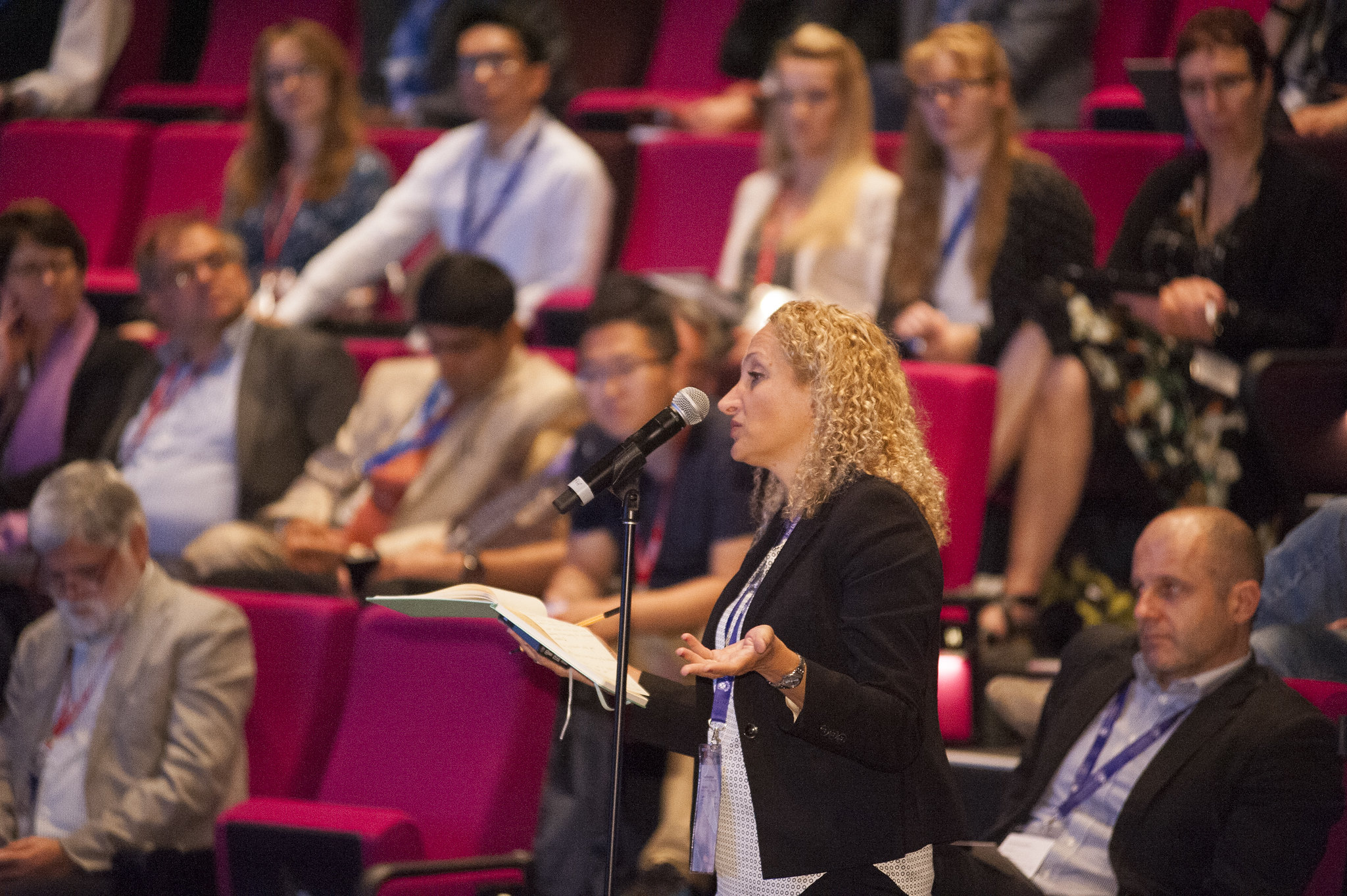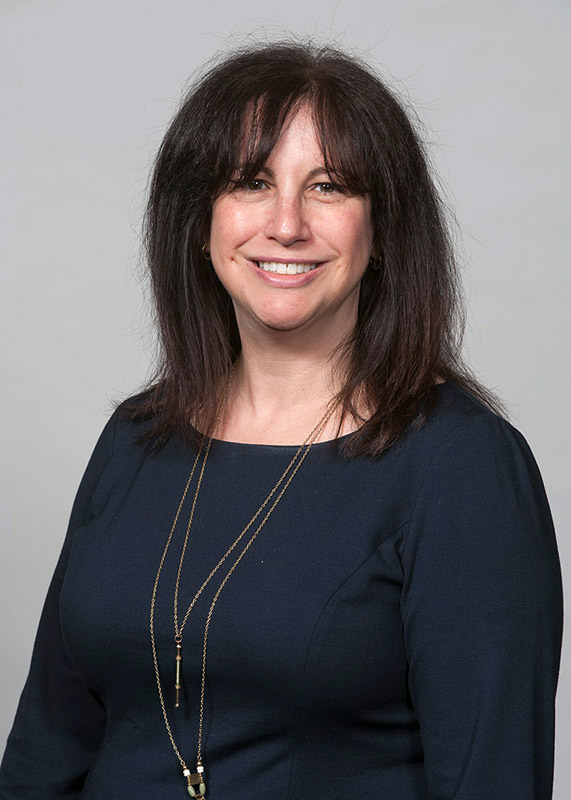
“As more women contribute to leading and building political science internationally, the theories, methods and research questions have also further broadened, and as a consequence, our collective knowledge and understanding of the world also expanded,” says Professor Yasmeen Abu-Laban. As Vice-President of the International Political Science Association (IPSA), Abu-Laban has a special responsibility for addressing gender and diversity within the Association. Bringing together over 3,000 members from all fields of political science, IPSA’s mission is to create an inclusive and global political science community in which all can participate. To achieve this, the involvement of women is crucial. Over the past 20 years, IPSA is proud to report a significant increase from 20.3% to 37.5% in the proportion of women’s representation.

According to Abu-Laban, there are many things that can be done in institutions to better ensure equity, diversity and inclusion of women and other historically marginalized groups. IPSA played a leadership role soon after its formation in 1949 by sponsoring a research study in 1955 by Maurice Duverger addressing women’s political participation. More recently, IPSA has produced a series of gender monitoring reports, each with their own angle in looking at the discipline through a gender lens. The most recent report, published in 2017, looks at gender and other forms of diversity, and while previous reports focused on the evolution of the gender gap, the 2017 edition identified several best practices to address these issues.
These monitoring reports cover not only trends in IPSA, but across the discipline internationally. Sharing the good practices carried out by national associations of political science around the world is a key step in setting examples for other institutions to better represent women and minorities. In 2019 IPSA adopted its first Gender and Diversity Strategic Plan, which aimed to ensure that the rules and procedures followed at all levels of the organization and in its activities continue to foster an environment welcoming the representation and participation of all political scientists in the world.
“As more women contribute to leading and building political science internationally, the theories, methods and research questions have also further broadened, and as a consequence, our collective knowledge and understanding of the world also expanded.”
Yasmeen Abu-Laban, Vice-President and Special Representative for Gender and Diversity of IPSA
While political science as a discipline was historically male dominated, today women make up one-third of the profession globally. “Gender equality is about equalizing opportunities, and in the sphere of social science, it also can have an impact on knowledge production. To be representative, we would expect institutions relating to the profession to also have women in leadership positions,” Abu-Laban says. Women in the International Political Science Association itself are very well represented in leadership roles – the current President, Professor Marianne Kneuer, and the current Executive Director, Dr Kim Fontaine-Skronski, are both women, and 40% of the Association as a whole is represented by women.
The International Science Council, through its Action Plan Advancing Science as a Global Public Good, has outlined the need for change in scientific systems, which must be able to continually adapt to changes in knowledge, technology and societal norms. The ISC is developing its project, Gender Equality in Science: From awareness to transformation, with partners such as Gender InSITE, the Inter-Academy Partnership and the Global Research Council. In the weeks leading up to International Women’s Day, we are focusing on gender awareness, highlighting the achievements, challenges and initiatives of ensuring gender equality in science and across disciplines.
Photo taken at the 2018 IPSA World Congress, via IPSA on Flickr.